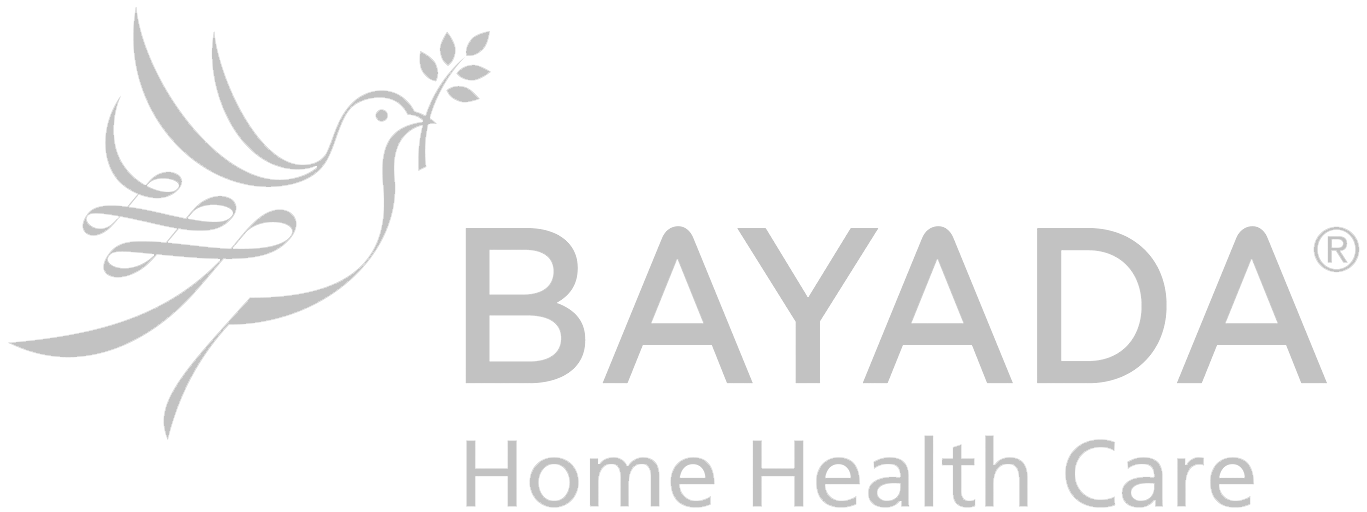13 Top Call Center Agent Skills Your Agents Need + Quotes To Help Agent Training
- byGabby Rolette
- onAugust 14, 2024
- inCall Center 101
There’s a common misconception that call center agents have an easy job. That is often far from the truth. Whether an agent is answering calls for one business or many, calls typically hit at a fast pace and can quickly become overwhelming. Then there are the associated challenges: confusing accounts, impatient or angry callers, the inability to directly resolve callers’ issues, odd hours – and sometimes, burnout and the resulting attrition.
If you are a call center supervisor, you know these issues well. Hiring, training, and retaining agents who can handle a plethora of situations and not lose their cool is like finding not one, but an entire field of unicorns whose commitment to customer service is the stuff fairytales are made of. When you do find these unicorns, it’s your job to keep them motivated and performing with the level of professionalism that every caller deserves, and every client expects.
To offer a little encouragement during the onboarding process, we’ve put together 13 call center quotes to train by, in the hopes that someone else’s words of wisdom will inspire your team to put their best voice forward on every call. Use it all, or use only what you need. Add your own spin on things. If you’ve been in the call center industry long enough, you likely have myriad examples to illustrate each situation!

“To listen closely and reply well is the highest perfection we are able to attain in the art of conversation.” — Francois de la Rochefoucauld
Call Center Skill #1: Actively listen
Think about your last interaction with a customer service representative. Maybe you were calling your pharmacy or dentist. Maybe you were calling your internet service provider or checking on the status of a recent online order. What do you remember about the conversation?
- Did you get the sense that the agent was listening to you?
- Did they reflect your issue or inquiry back to you to confirm accuracy?
- Did you have to repeat yourself when providing your contact information?
If the answer is “no” to any of those questions, then the representative that you reached was not following what is arguably the most consequential rule of call center services: active listening.
There is nothing more annoying to callers than having to repeat everything they say because the agent fielding their call is not paying attention. And there is nothing worse for a client than getting a half-baked message, lacking in detail and cohesive thought because an agent did not properly document the caller’s query. Active listening is the hallmark of a successful customer service interaction. Conversely, the lack thereof is typically what can send even simple calls rapidly downhill. Homing in on what callers are saying by way of their words, and what they’re not saying by way of their tone, is as critical to your role as your computer or your headset. To rephrase Francois de la Rochefoucauld’s words, listening closely begets effective responses, and both of those elements are essential to perfecting the art of conversation.
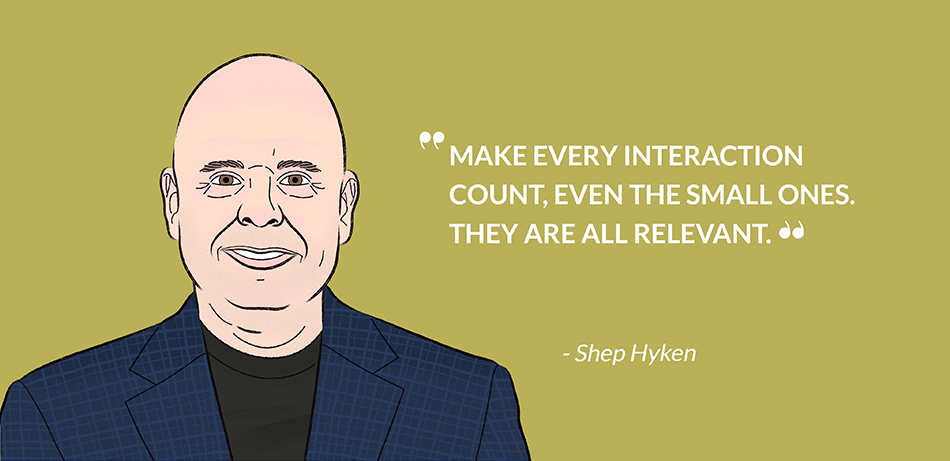
“Make every interaction count, even the small ones. They are all relevant.” — Shep Hyken
Call Center Skill #2: Be accountable
All human beings will be accountable to someone or for something at some point in their lives. Whether we are accountable to our family, our education, our jobs, our partners, or to our pets, accountability is just part of being responsible for ourselves and our actions. This concept is no different for business owners in their approach to customer service. A business’s success is due, in large part, to being accountable to their customers – ensuring that needs are properly addressed and that service is always impeccable. As an agent, you are the direct or indirect extension of every business for which you answer calls. That means that accountability to the customer may begin with you.
Whether a client forwards their lines 24/7/365 or only after hours, a new customer’s first impression of the business will be formed when you answer their call. For existing customers, you are creating a continuation of the exceptional service that they are used to receiving.
You might encounter a different request each time you pick up the phone. One caller asks a quick question about the office address, another needs to schedule an appointment, pay a bill, or any other concern that you can think of. When you realize that business owners rely on you to assist in maintaining their hard-earned reputation, you will understand the importance of accountability in each interaction. A request for business hours should be responded to in the same manner as dispatching an emergency call.
From the simple to the complex, your role is the same: present the best face for the business, and be accountable for the way that you choose to handle every call. You were hired because of your ability to navigate any situation. But you will be recognized for the care and attention with which you do so.
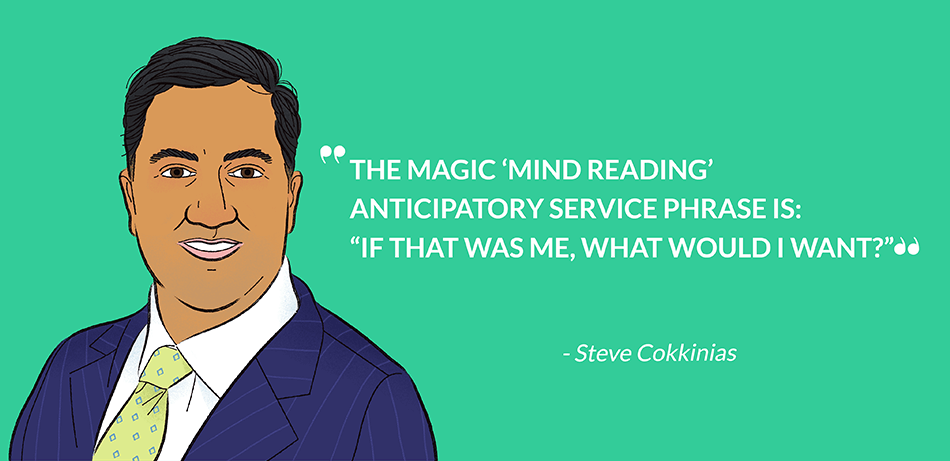
“The magic ‘mind reading’ anticipatory service phrase is: ‘If that was me, what would I want?'” — Steve Cokkinias
Call Center Skill #3: Use empathy
People often confuse sympathy and empathy, or maybe they just aren’t sure of the difference. In short, sympathy is when you pity someone’s circumstances; empathy is when you understand and share their feelings, even if you do not find yourself in the same circumstances. You don’t need to have been in an identical situation as another individual to empathize with what they are going through. At one time or another, you felt what they are feeling: anger, frustration, sadness, disappointment, confusion, fear.
Imagine how it would affect you if a beloved pet were sick. Imagine the frustration in ordering a product that was never delivered. Imagine waking up to a flood in your basement. Let’s also imagine that in each one of those circumstances, you place a call to a particular business and reach a customer service representative. What words come to mind when you envision the conversation? Would you want the agent to be patient, kind, thorough? Or would you want them to be curt, dismissive, indifferent?
Just as you would hope that the customer service representative really takes the time to resolve your issue and provide a positive experience, callers would feel most comfortable knowing that the agent they are communicating with is all-in, ready and willing to help. While something that happened to a caller may not have happened to you, you can still identify with how that situation impacted them and treat them accordingly. If you were in the same situation, that’s what you would want.
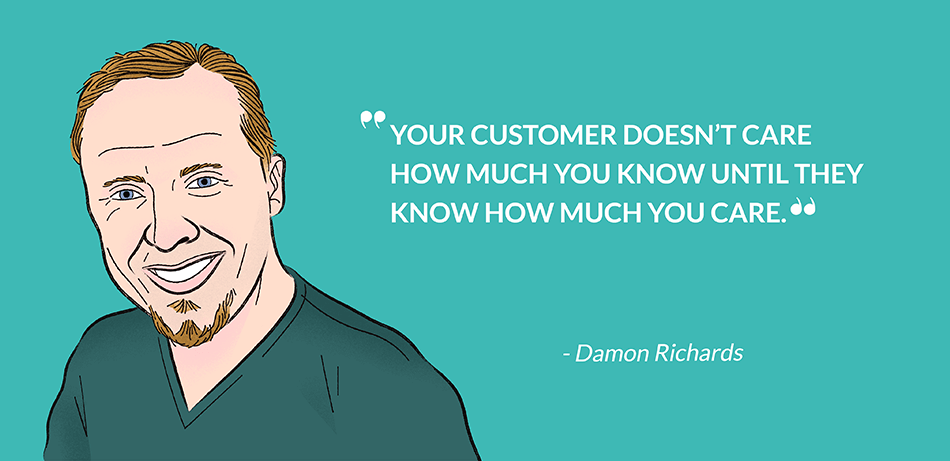
“Your customer doesn’t care how much you know until they know how much you care.” — Damon Richards
Call Center Skill #4: Create connection
Remember that customer service interaction that you had where the agent was clearly uninterested in really “hearing” you? They rattled off scripted answers to questions without a hint of compassion. You’ve definitely had friendlier conversations with ChatGPT. Well, if you have never experienced that sort of interaction, you’re lucky. And if you have, you’re not alone. There is nothing worse than the feeling of being disregarded. After all, you’re not just another caller – you are a human being.
As an agent, you may know your job inside and out. Every business, every FAQ, every procedure – immediately brought to mind when someone calls in for assistance. While it is absolutely critical to have all of that information at your fingertips, it is not enough to know your job. You must also care about your job, and the individuals who need your help. A great call center agent creates connection by conveying that they can appreciate the challenges the caller is facing.
For most people, expressing concern for another’s well-being is a pretty natural inclination. Though you don’t want to go overboard in voicing your support for the caller, especially if they are inclined to disparage the business that they are contacting, a little goes a long way. It is totally appropriate to interject a few phrases such as “I’m sorry to hear that,” and “I’m going to do everything that I can to assist you.” It doesn’t take much to sew a small thread of connection between you and the caller. And that connection, which may be felt as much as it is heard, is what will take your calls to the next level.
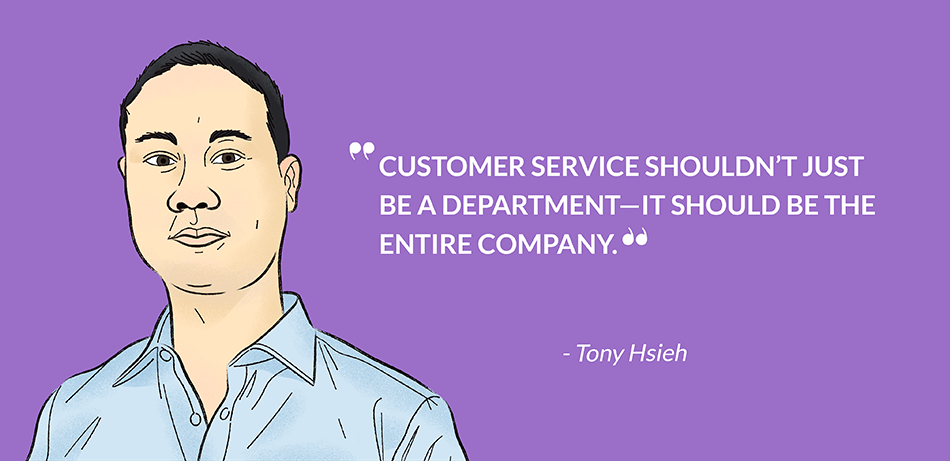
“Customer service shouldn’t just be a department—it should be the entire company.” — Tony Hsieh
Call Center Skill #5: Service-oriented mindset
Have you ever had a job where it didn’t feel like you were doing anything important? Maybe you were not working with customers, so you were not able to immediately see an impact. Or maybe you were working in a department like collections, where every communication was met with resistance. When you don’t have the sense that your position is valuable or valued, it can be tough to have a “winning” mindset every day. The thing is, though, mindset has an impact on more than your day-to-day responsibilities. It’s a driving force behind the success of the entire company.
It doesn’t matter which area of the business you call home. Each person that you see around you, and everyone that you don’t see – you are all part of a well-oiled machine. Your contribution to the “greater good” may not be particularly tangible, but that doesn’t mean that it is any less valuable or valued than what is happening on the customer service frontlines. Ultimately, every position is a means to serve the customer. Even if you don’t feel like you’re making a difference, your position is in place for a reason: because it is an integral part of the business’s success. Knowing that, it becomes clear that what you produce is not nearly as important as how you produce it. The stronger the customer service-oriented mindset, the stronger the team.
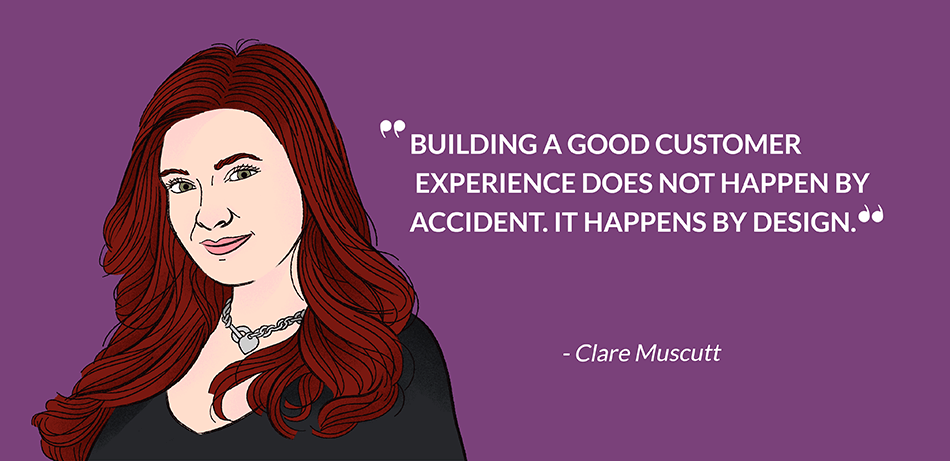
“Building a good customer experience does not happen by accident. It happens by design.” — Clare Muscutt
Call Center Skill #6: Build on your strengths
Looking at some of the ginormous organizations that we know and love, it is hard to believe they started out as just an idea. It may seem like their founders fell into success overnight, but they will tell you that is absolutely not the case. Profitability is not accidental or instantaneous. It requires dedication to a mission, examining what is and is not working, and adjusting strategy accordingly. The achievements of any organization are the result of patiently playing the long game. Just like a business needs to continuously evaluate and build on its strengths, becoming a top-tier agent takes that same kind of commitment.
When you’re first starting out, your supervisors will provide tips and resources to expand your skills each day. Consider every coaching session as another step towards developing the knowledge that will help you think on your feet, call after call. Of course, there will be a few stones along the way. But maneuvering past small hurdles is a skill that you’ll have in your back pocket the next time you run into challenges. As you continue to layer skills and experience, you will feel comfortable steering any call in any situation. Measure your performance not solely by the number of calls you take or how quickly you take them, but by doing everything possible to deliver an effortless customer experience.
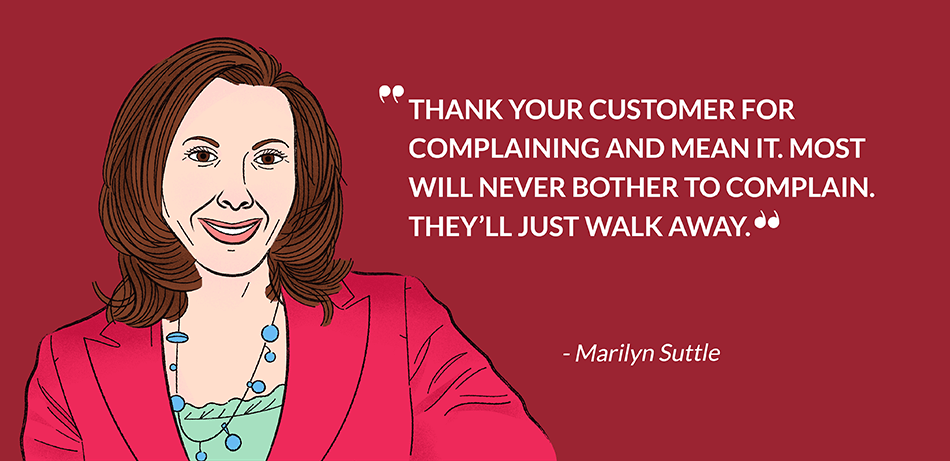
“Thank your customer for complaining, and mean it. Most will never bother to complain. They’ll just walk away.” — Marilyn Suttle
Call Center Skill #7: Learn from past mistakes
As a consumer, you’ve most likely voiced a complaint about a business, whether by phone, email, or by submitting a negative review. Why did you complain? To vent? To get a refund? It could be any number of reasons, but it is also likely that you complained because you want the business to do better, to treat their customers better – and to not mess things up for the next guy. Rather than jumping ship and heading to a competitor, you’re complaining to give the owners, managers, and employees an opportunity to learn from what went wrong and fix what is broken.
While many of your colleagues may hope for perfection, it’s okay to recognize that human beings are perfectly imperfect. Even when you know your job inside and out and are trying your hardest, there is still a possibility that you’ll make errors from time to time. Maybe you’ll give a caller the wrong information, enter their contact data incorrectly, or say something that you quickly regret in an escalated situation. What if the error you made resulted in someone calling to complain? What if you then became extremely upset, angry, and questioned your capabilities? But what if, instead of upset, anger, and uncertainty, you examined what transpired, learned from that error, and thought of ways to circumvent the same pitfall in the future? That would certainly make you a more skilled customer service representative in the long run. We all have shortcomings, and we’re all going to make mistakes. Just don’t let those mistakes define you.
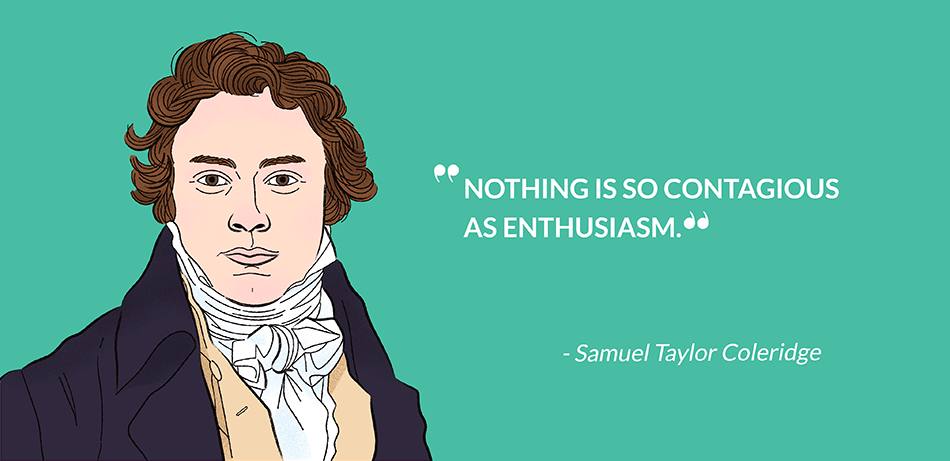
“Nothing is so contagious as enthusiasm.” — Samuel Taylor Coleridge
Call Center Skill #8: Focus on the positive
Every customer service experience you’ve had to date has had some sort of overarching “vibe.” Maybe it was patently obvious that the person “assisting” you had zero intention of actually doing so. Maybe the interaction was middle-of-the-road, neither noteworthy for being good or bad. Or maybe it was exceptionally positive and left you with a sense that the individual representative and the company as a whole truly valued your business. If it was the latter, how do you imagine the representative came to be that enthusiastic about their job? Are they just innately skilled at providing superior customer service? Or could it be that they set the daily intention to be their absolute best in any situation?
Focusing on the positive enables you to look at your life, your relationships, and your job through the lens of what is inherently good about them instead of what you perceive is lacking. Starting your mornings off enthusiastically imbues that energy into everything you do! From a conversation with a colleague to placing your lunch order to a phone call with a customer, every aspect of your day will be overflowing with “good vibes,” instantly visible to everyone you encounter. And make no mistake; “good vibes” are contagious!
“Call center personnel are expected to do much more than simply answer phones.”
Call Center Skill #9: Acknowledge that you are more than a message taker
We know that call center personnel can answer phones and take messages. But that’s just the tip of the iceberg. How about appointment scheduling, emergency dispatch, and outbound sales? Check. Creating support tickets, e-commerce purchases, and transferring calls? Check check. Providing directions, looking up an order status, finding the answers to callers’ questions, and a slew of other things that we don’t have room to include? Triple check. Anyone who tells you that you’re just a message taker or that your job doesn’t take any real skill has never been a call center agent.
One of the most important things that we can do for ourselves is to acknowledge our value. We are needed, both for who we are and what each of us has the capacity to contribute. But when life isn’t perfect, it can be so easy to let negativity take over.
“I don’t have anything worthwhile to contribute.” “I’m not doing anything important.” “I just answer the phone.” “I’m just a message taker.”
So, whenever those lies creep in, replace them with the truth.
“My talents are unique and valuable.” “I brighten someone’s day on every call.” “I can handle even the most challenging situations.” “My attention to detail is exceptional.”
If you weren’t an asset to the call center, you wouldn’t be there. Know your worth, and remind yourself of it daily!
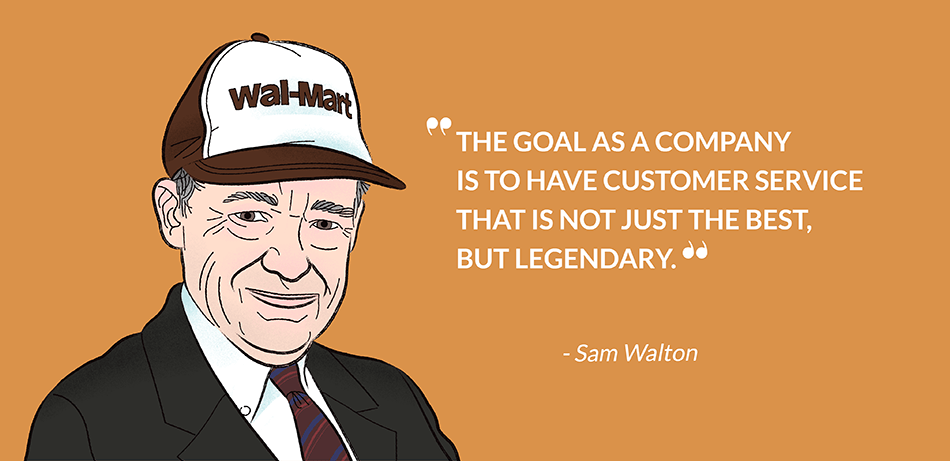
“The goal as a company is to have customer service that is not just the best, but legendary.” — Sam Walton
Call Center Skill #10: Go the extra mile
When you hear the expression, “It’s not a sprint, it’s a marathon,” you know that people are not literally talking about running. The expression can be tied to anything that requires a long-term commitment, such as marriage, education, healthcare, starting a business, and establishing a customer base. And just like running a marathon, legendary customer service requires a consistent level of energy from all employees, day after day, year after year. Sure, there will be sprints from time to time, like when you’re quickly trying to resolve a complaint to avoid a negative review. But customer service is always about the marathon, and only sometimes about the sprint.
When thinking about the customer service marathon, imagine the finish line. Employees that are “the best” make it to the finish line, grab a water, and applaud themselves. Employees that are “legendary” make it to the finish line, grab a water, and keep on running. Why? Because going the extra mile is the difference between good service and outstanding service. And for every business owner whose calls you answer, your commitment to customer care that runs past the finish line and constantly moves forward may be the difference between a one-time sale and lifelong brand loyalty.
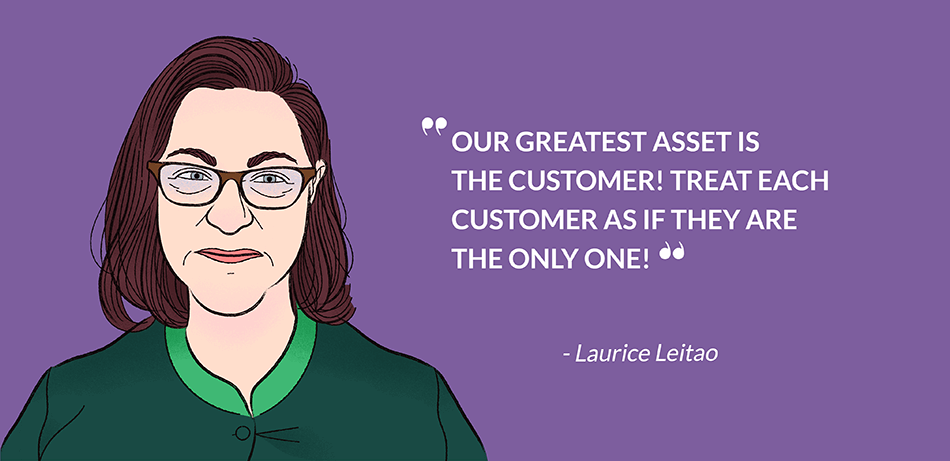
“Our greatest asset is the customer! Treat each customer as if they are the only one!” — Laurice Leitao
Call Center Skill #11: Ensure customer-centric service
If you still visit deli counters, then you know that it’s customary to take a number and wait your turn. If nine people are in line before you, would it be fair for the representative to treat you with any less kindness than the preceding visitors? Of course not. Call centers are definitely a more high-volume and fast-paced environment than a deli, but the waiting game is the same. Each caller that hits the queue has taken a virtual number, and they are patiently waiting to be served. You may answer 200 calls a day, and by the time you get to 201, you feel like you don’t have anything left to offer. The thing is, your 201st caller has no idea that you’ve spoken to 200 other people that day. They are expecting the same attention and assistance as everyone else. As far as caller 1, 100, or 201 is concerned, they are your first and only customer. And this is exactly how they should be treated.
Just think about it. Without customers, there would be no business. Without the business, you would not have a job. Customers are decidedly any business’s greatest asset. Whatever their request or issue, approach them as if they are the most important person you will speak with that day. Consider that this customer has a slew of options to choose from in a saturated market, but they chose the business that you represent. When you look at it from that perspective, it’s easy to see how centering your work around the customer’s needs is fundamental.
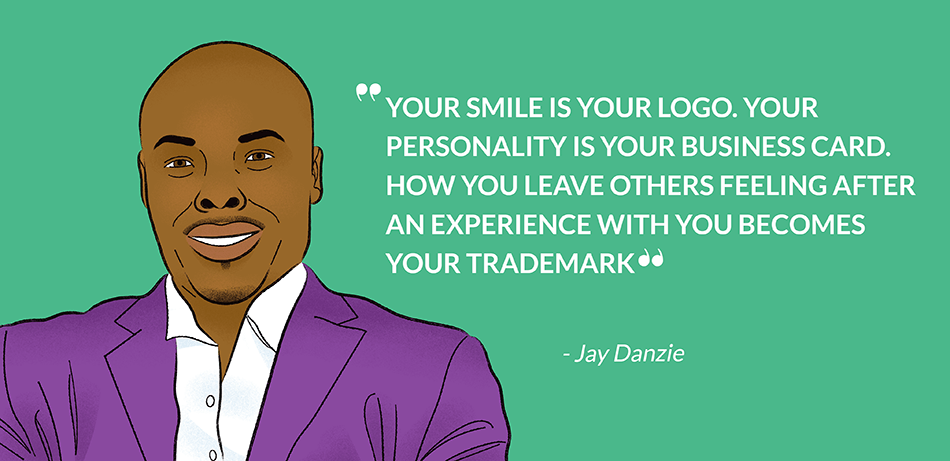
“Your smile is your logo. Your personality is your business card. How you leave others feeling after an experience with you becomes your trademark.” — Jay Danzie
Call Center Skill #12: Be your best self
As a call center agent, each day on the job requires a renewed commitment to being your best self, putting the businesses that you represent in a positive light. Are you smiling when you say hello? The caller will hear it. Are you friendly and flexible? The caller will sense it. Do you have the desire to understand your customers and a willingness to go above and beyond to help them, before you even pick up the phone? The caller will know. Though you may not have ever thought about your commitment as anything other than simply doing your job, it is the thing that sets you apart from those employees who are just going through the motions. The collection of exceptional qualities that are uniquely yours come together to ensure that whatever the situation, you have done everything in your power to find a resolution. And the trademark “customer service style” that you carry from one call to the next is what will be remembered. After hundreds of calls, you may not be able to recall a specific exchange – but a caller who felt like you cared will remember every word.
So what does “being your best self” look like to you? Is it a warm and inviting demeanor? Speaking with callers as if you’re speaking with your next door neighbor? The kind of employee that will take the time to review a caller’s account while they are on the line, even if that isn’t why they called? An energetic, revenue-driven approach, suggesting products and services that you know will improve the caller’s experience with the organization? We can choose how we portray ourselves, we can choose how we interact with others, and we can make a conscious decision to leave each customer feeling better for having spoken with us. Whatever your signature customer service style, make it a point to be your best self, every day, on every call.
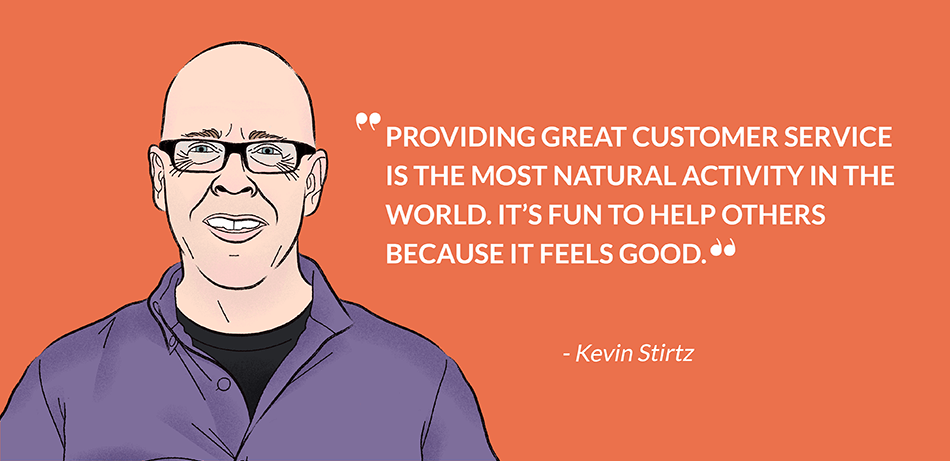
“Providing great customer service is the most natural activity in the world. It’s fun to help others because it feels good.” — Kevin Stirtz
Call Center Skill #13: Realize your power
When was the last time that you took care of someone who was under the weather? Comforted an upset child? Made a friend laugh? Whether you’re 9 or 90, we all know how rewarding it is to be a little ray of sunshine. And the job of a customer service agent is to be that little ray of sunshine for every customer that crosses your path. The interaction may be as minor as helping someone pay a bill or as major as keeping a caller in crisis calm until help arrives. Whatever the scenario, the realization that you are in a position to make a difference delivers a sense of accomplishment. When you can tell that a caller is genuinely happy with the assistance that you provided, it puts an extra pep in your step, and you’re ready to do it all over again tomorrow. Dedication to repeatedly great service is exactly what is required of a customer-facing role.
The amazing feeling that comes from extending your sunny disposition to every caller is why you will love what you do, and why you will wake up each morning, looking for ways to keep the positivity flowing. As a customer service professional, you have endless opportunities to change the course of someone’s day for the better. And in that lies tremendous power.
Get started with SAS. Free 14-day call center trial.

Live call center support grows brands.
24/7 live call center services let you engage with your customers around the click. Grow your business and strengthen your brand with SAS.




